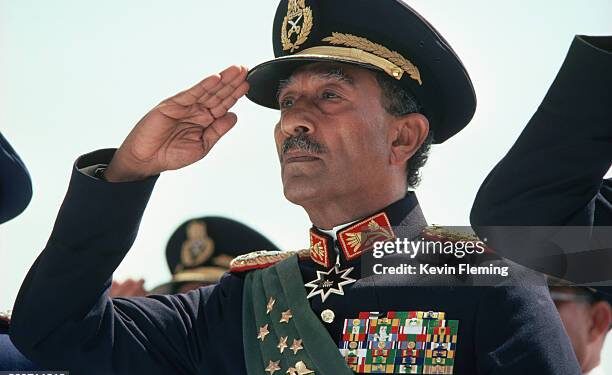Anwar Sadat’s legacy remains one of the most complex and consequential in modern Middle Eastern history. Revered by some as a visionary peacemaker and reviled by others as a betrayer of Arab unity, Sadat’s leadership reshaped Egypt’s role in the world and altered the trajectory of the Arab–Israeli conflict.
Early life and rise to power
Born in 1918 in Mit Abu al-Kum, a small village in the Nile Delta, Anwar El Sadat emerged from humble beginnings to become one of Egypt’s most influential leaders. He joined the Free Officers Movement, which overthrew King Farouk in 1952, and became a close ally of Gamal Abdel Nasser. For years, Sadat served in various government roles, often underestimated by his peers, who saw him as a loyal but unremarkable figure. Yet after Nasser’s death in 1970, Sadat rose to the presidency and soon proved himself both bold and unpredictable.
The Yom Kippur War and a new national confidence
Sadat’s first major act on the world stage came in 1973, when he launched a surprise attack against Israel alongside Syria on Yom Kippur, Judaism’s holiest day. Although the war ended without a decisive victory, it restored Egypt’s pride and forced Israel and the United States to recognise Egypt as a serious regional power. The conflict set the stage for the subsequent peace process and shifted the Middle East’s diplomatic balance.
The peace with Israel
Sadat’s most dramatic and controversial decision was his 1977 visit to Jerusalem, where he addressed the Israeli Knesset—a gesture that stunned the world. This act of direct diplomacy led to the Camp David Accords in 1978, brokered by U.S. President Jimmy Carter. The resulting Egypt–Israel Peace Treaty in 1979 made Egypt the first Arab country to officially recognise Israel. The agreement returned the Sinai Peninsula to Egyptian control but caused Egypt’s expulsion from the Arab League and widespread condemnation across the Arab world.
Domestic reforms and opposition
On the home front, Sadat sought to move Egypt away from Nasser’s socialism through a policy known as infitah, or “open door.” It encouraged foreign investment and liberalised parts of the economy, but it also widened social inequality. His increasingly authoritarian style of governance and crackdown on dissent alienated both secular opposition and Islamist movements.
Assassination and legacy
On 6 October 1981, during a military parade marking the anniversary of the Yom Kippur War, Sadat was assassinated by Islamist extremists within his own army. His death marked the end of an era and underscored the deep divisions his policies had created. Yet his peace initiative laid the foundation for Egypt’s enduring role as a mediator in Middle Eastern diplomacy and earned him, posthumously, a place among history’s boldest statesmen.
The enduring debate
Today, Anwar Sadat’s legacy continues to provoke debate. To some, he remains a visionary leader who had the courage to defy political orthodoxy and pursue peace. To others, he is remembered as a leader who abandoned pan-Arab solidarity. What is certain is that his choices changed the course of Egyptian history and the geopolitical map of the Middle East forever.
REFH – Newshub, 6 October 2025




Recent Comments